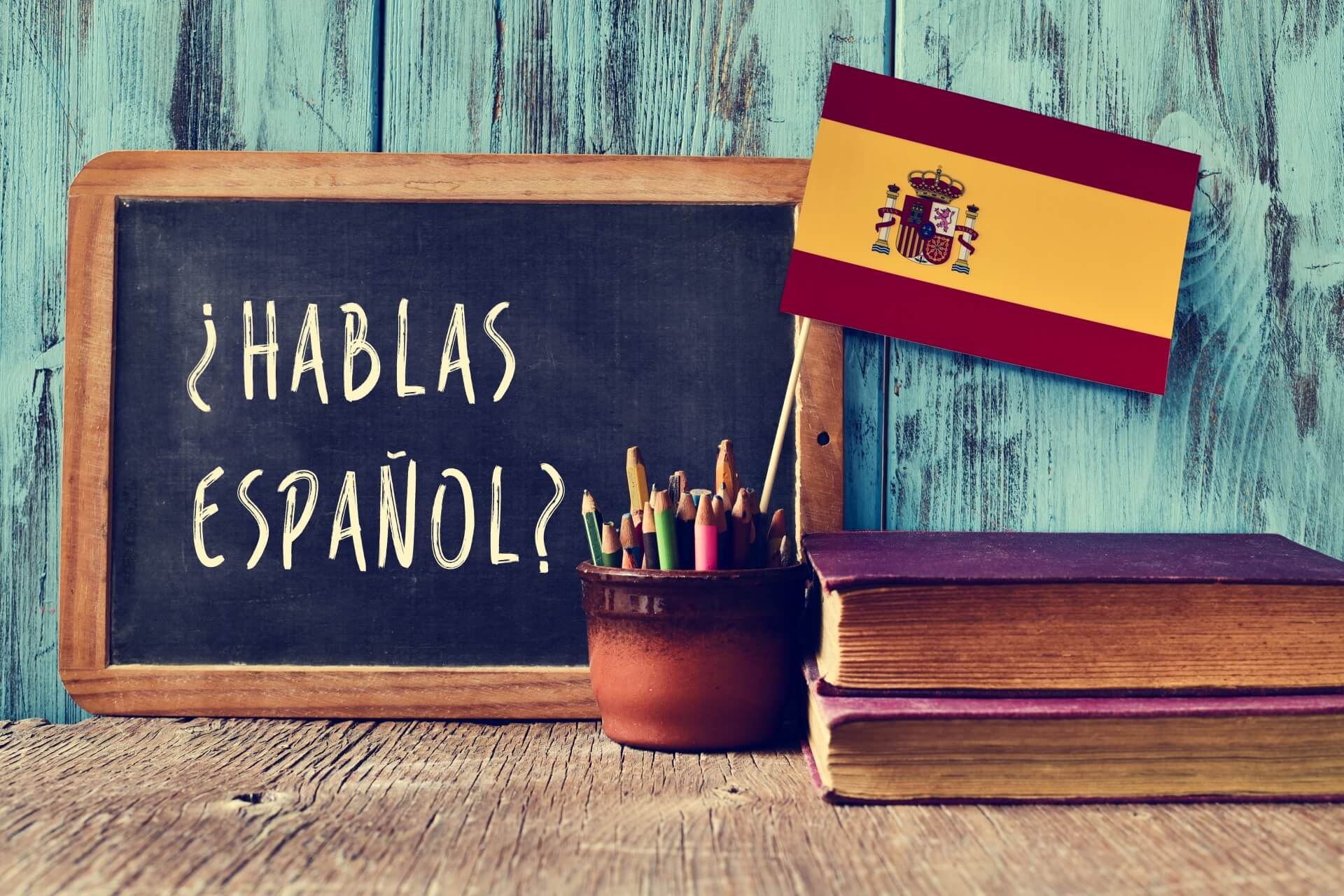
26 interesting facts about Spanish
- 👁️ 268
Spanish is a Romance language originating from the Iberian Peninsula in the 15th century. It is now spoken by over 460 million people worldwide, making it the second most spoken language in the world after Mandarin Chinese. Spanish is the official language in 21 countries and is widely used as a second language in many others. It has a rich history, and its influence can be seen in the cultural and linguistic heritage of Spanish-speaking countries around the world.
Facts:
- Spanish is a Romance language, originating from the Iberian Peninsula in the 15th century.
- It is now spoken by over 460 million people worldwide, making it the second most widely spoken language in the world after Mandarin Chinese.
- Spanish is the official language in 21 countries, including Spain, Mexico, and most of Central and South America.
- Spanish is also widely used as a second language in many other countries, such as the United States, the Philippines, and Equatorial Guinea.
- Spanish has a rich linguistic and cultural heritage, with influences from Latin, Arabic, and various indigenous languages.
- Spanish is a member of the Romance language family, which also includes Italian, French, Portuguese, and Romanian.
- Spanish is the second most widely learned language in the world, after English.
- Spanish is one of the six official languages of the United Nations.
- Spanish is the third most widely used language on the Internet, after English and Chinese.
- Spanish has two standard dialects: Castilian Spanish, which is the standard dialect in Spain, and Latin American Spanish, which is used in most Spanish-speaking countries in the Americas.
- Spanish has a phonetic alphabet, making it relatively easy for English speakers to learn and understand.
- Spanish has a rich vocabulary, with many words borrowed from other languages such as Arabic, Italian, and French.
- Spanish has several regional variations, with differences in pronunciation, vocabulary, and grammar.
- Spanish is a gendered language, with nouns and adjectives having masculine and feminine forms.
- Spanish has a complex verb conjugation system, with different forms for different tenses and moods.
- Spanish has a rich literary tradition, with famous works by authors such as Miguel de Cervantes, Gabriel García Márquez, and Pablo Neruda.
- Spanish has a long history of being used as a language of conquest and colonization, particularly in the Americas.
- Spanish has been the dominant language in the Americas for over 500 years, and its influence can be seen in the cultural and linguistic heritage of many countries.
- Spanish has played a major role in the development of the modern world, and has had a significant impact on the development of many fields, including science, politics, and the arts.
- Spanish has a strong cultural presence, with vibrant music, dance, and food traditions in many Spanish-speaking countries.
- Spanish is a widely used language in international business and diplomacy, and is considered to be a critical language for global communication.
- Spanish is a widely taught language in schools and universities, and is an important language for travel and tourism.
- Spanish has been the official language of several countries, including the Philippines and Equatorial Guinea.
- Spanish is one of the most widely used languages in the world, and its use is expected to continue to grow in the future.
- Spanish is a phonetic language, making it relatively easy for English speakers to learn and understand.
- Spanish has a rich vocabulary, with many words borrowed from other languages such as Arabic and Italian.
Spanish is a Romance language originating from the Iberian Peninsula in the 15th century. It is now spoken by over 460 million people worldwide, making it the second most spoken language in the world after Mandarin Chinese. Spanish is the official language in 21 countries and is widely used as…